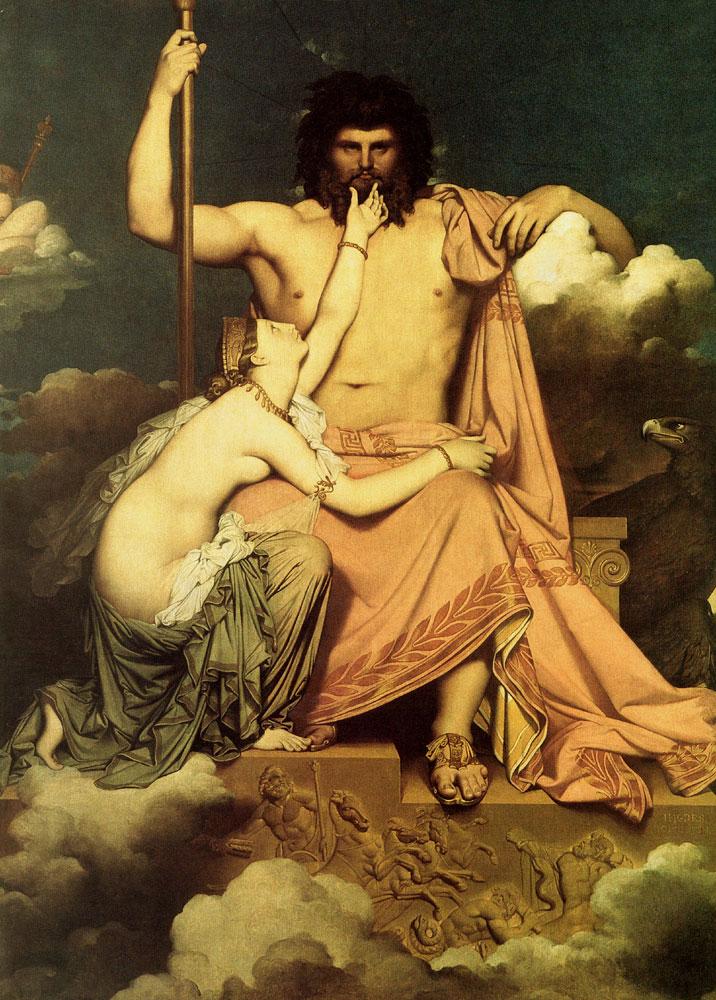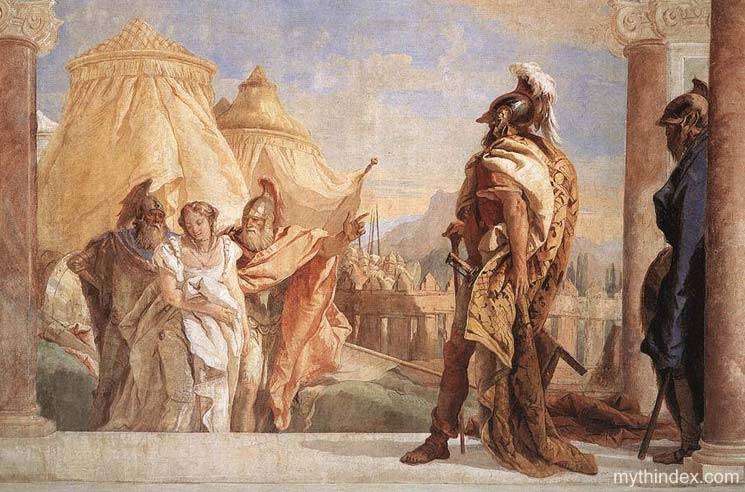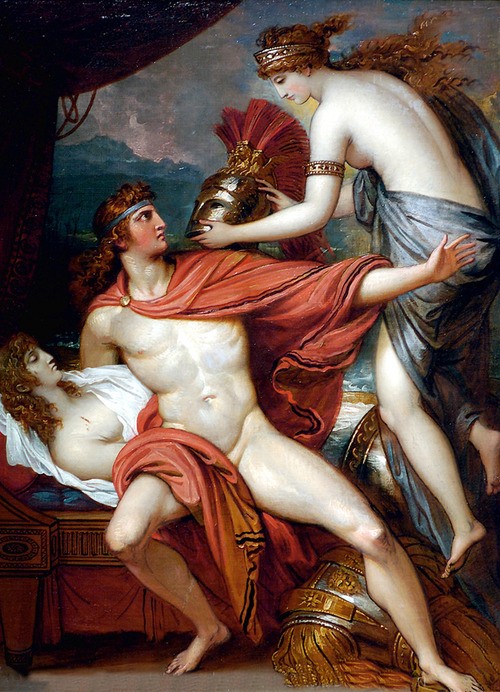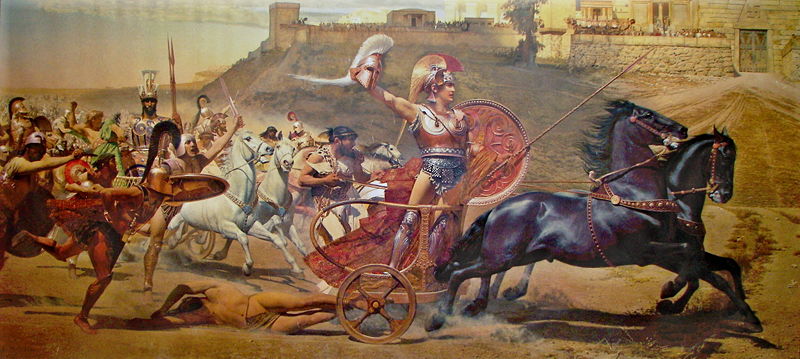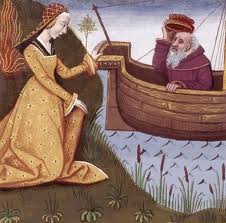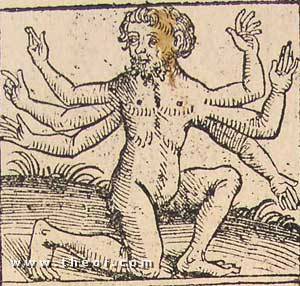Category Archives: Heroes
[post_grid id="10042"]Jason and the Quest for the Golden Fleece
Some superhero stories feature perfect wonder men or women, conquering the world and beating the bad guys. Other legends include characters with tragic flaws, which lead to their ultimate demise. While another category portrays bigger than life stars with pathetically human traits. Jason and the Argonauts fulfill this last description.
Jason, the rightful king of Iolcos, and his Greek gang of half gods and magical men, made numerous bad decisions on their quest for the golden fleece, spurned on by lust, ignorance and pride. They also completed their fantastic mission while vanquishing monsters, employing quick wittedness as well as making important friends. The result is an amazing adventure full of mishaps, apologies and the thing which all Greek heros seem to seek – glory.
After Jason banded together the team, named the Argonauts after their ship, The Argo, they set sail for Lemnos. This small island was notorious for its foul-smelling women. The ladies foolishly incurred Aphrodite’s wrath and were punished by an odious odor, which had their men running to the arms of the mainland concubines. Enraged, the Lemnos women murdered the island’s males in their sleep, except for the king who was put to sea in a chest. It was then just females, who were ruled by the King’s daughter, Hypsipyle… until Jason and the Argonauts landed.
Finding the island free of competition, the ‘glorious’ group had their way with the inhabitants… all of them. Jason, himself, fathered twins with the ruler, Hypsipyle. All this mingling lead to a new “race” called Minyae. Eventually the Argonauts were pressured to leave by Heracles, usually the epitome of a philandering fellow, who was disgusted by the sailors’ antics at port.
This time the heroic team set anchor in the land of Doliones, ruled by the gracious king Cyzicus. After enjoying royal treatment, Jason was gifted with important information about the land beyond Bear Mountain. Unfortunately, some crucial details were conspicuously absent. The region had giants. Giants, swaddled in leather loincloths, who each miraculously possessed six arms.
While the Argonauts were doing their usual and necessary forging, the earthborn gargantuas made a break for the ship, which was guarded by only a few men. Jason’s team, however, had the mythical Heracles, who managed to kill almost all of them before the leader returned. Together they killed the rest of the giants and set sail again.
Now the Argonauts were back on the seas, off towards their next destination. Then fate swirled her wand and the Greek group of superheroes lost their way. Muddled and confused, they finally arrived on land late at night and were mistaken as enemies… by their friends the Doliones. A battle ensued in which the Argonauts emerged victorious, although not without killing their previously kind host, King Cyzicus.
When the dust settled, and the sun rose, the Argonauts realised their horrendous mistake. Sadly, they held a funeral and cast out to sea once more… this time to Thrace…
Read Part Three here: https://classicalwisdom.com/jason-the-colchis-days/

